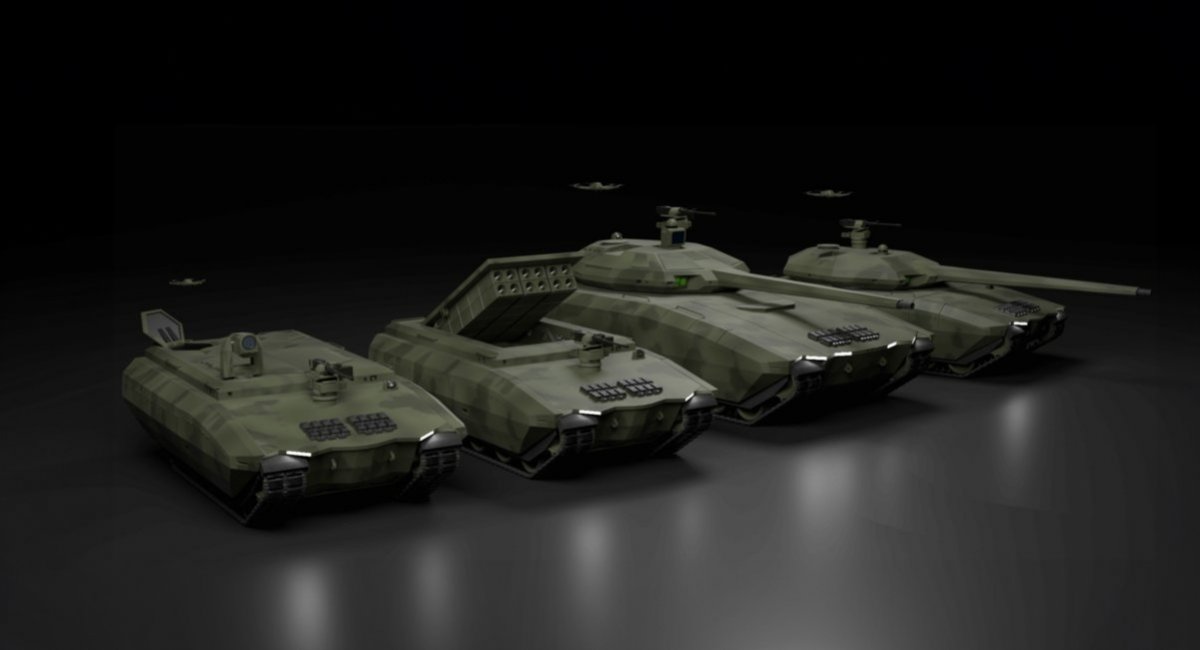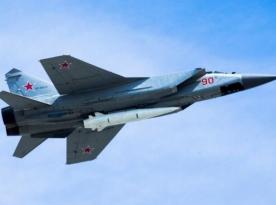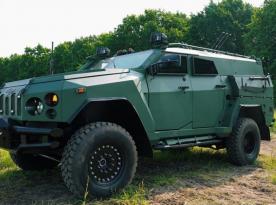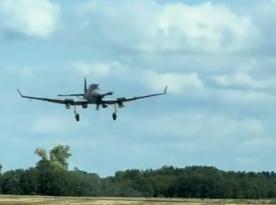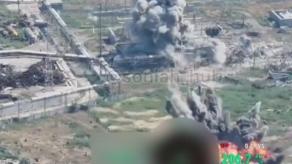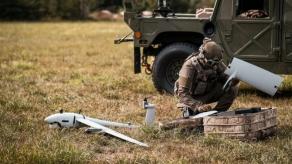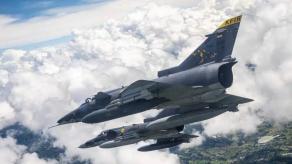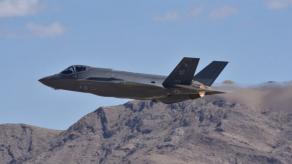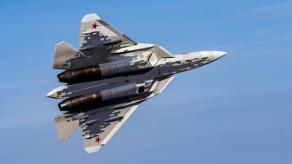Spain warns that the declared policy of pan-European cooperation in creating new weapons and military equipment simply is struggling to pass the reality check. Multiple Spanish government officials and defense manufacturers shared their concerns about the current situation in anonymous interviews with Infodefensa.
Particularly, despite Madrid's interest in joining the Main Ground Combat System (MGCS) project, to develop a new European main battle tank, neither Paris nor Berlin responded to the request: an official inquiry from the Spanish government, submitted back in August 2024, was simply left unanswered.
Read more: French Dassault Hints at Quitting FCAS Fighter Program Unwilling to Compromise With Germany and Spain
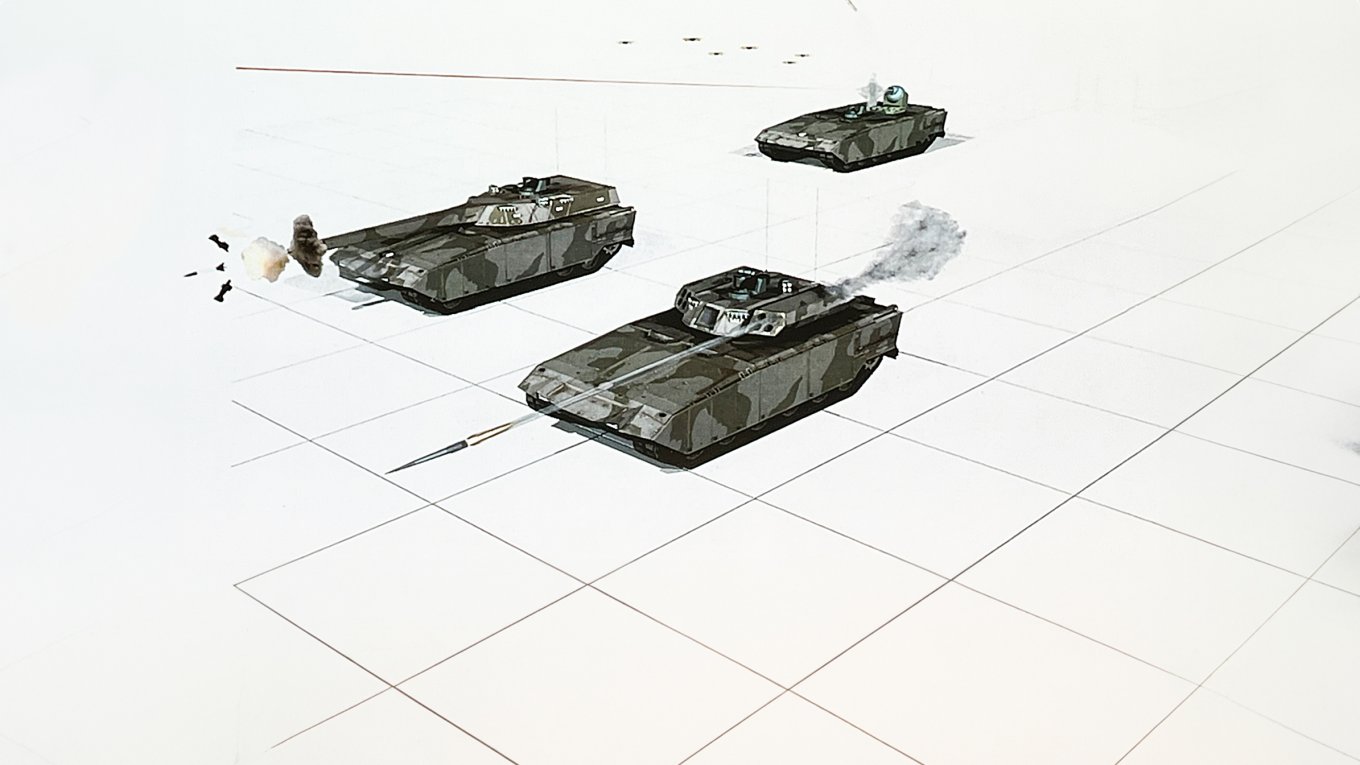
Moreover, on April 10, Spain was left out when the current participants took an important step — namely, created the MGCS consortium as a legal entity between KNDS Deutschland, KNDS France, Rheinmetall and Thales. This way, France and Germany effectively closed this project from all other potential partners.
Defense Express notes that Spain's interest in joining this project is not just a whim. MGCS is hailed as the successor to the Leopard 2 tank, and the Spanish Armed Forces operate a fairly numerous fleet of Leopards that will need a replacement sometime in the 2040s. Moreover, it already has an established local production of Leo 2s at Santa Bárbara Systems. A different matter is that, if allowed to MGCS, Spain would need to involve General Dynamics European Land Systems, the European offshoot of the American giant.
Another undertaking that begins to show signs of strain is the Future Combat Air System (FCAS) program, a sixth-generation fighter aircraft developed by Spain, France, and Germany. Earlier French aviation maker Dassault pointed out the difficulties of finding common ground on matters like division of workshare between the parties, criticized the plans to include Belgium, and even hinted at a possible exit from the joint effort for independent research.
Spanish sources say France is trying to get in a privileged position over the other partners, showing its discrepancies regarding FCAS on multiple occasions since 2020. It is worth noting that besides Dassault Aviation from France, the project also belongs to Airbus Defence and Space from Germany and Indra from Spain.
At the same time, despite being headquartered in Germany, the Airbus Defence and Space is still part of French Airbus which has the following stake distribution: the governments of France and Germany own about 11% each, the Spanish government holds another nearly 4%, and the rest is in free circulation. According to these arithmetics, the real share of Spain in the project still comes a little smaller than the rest.
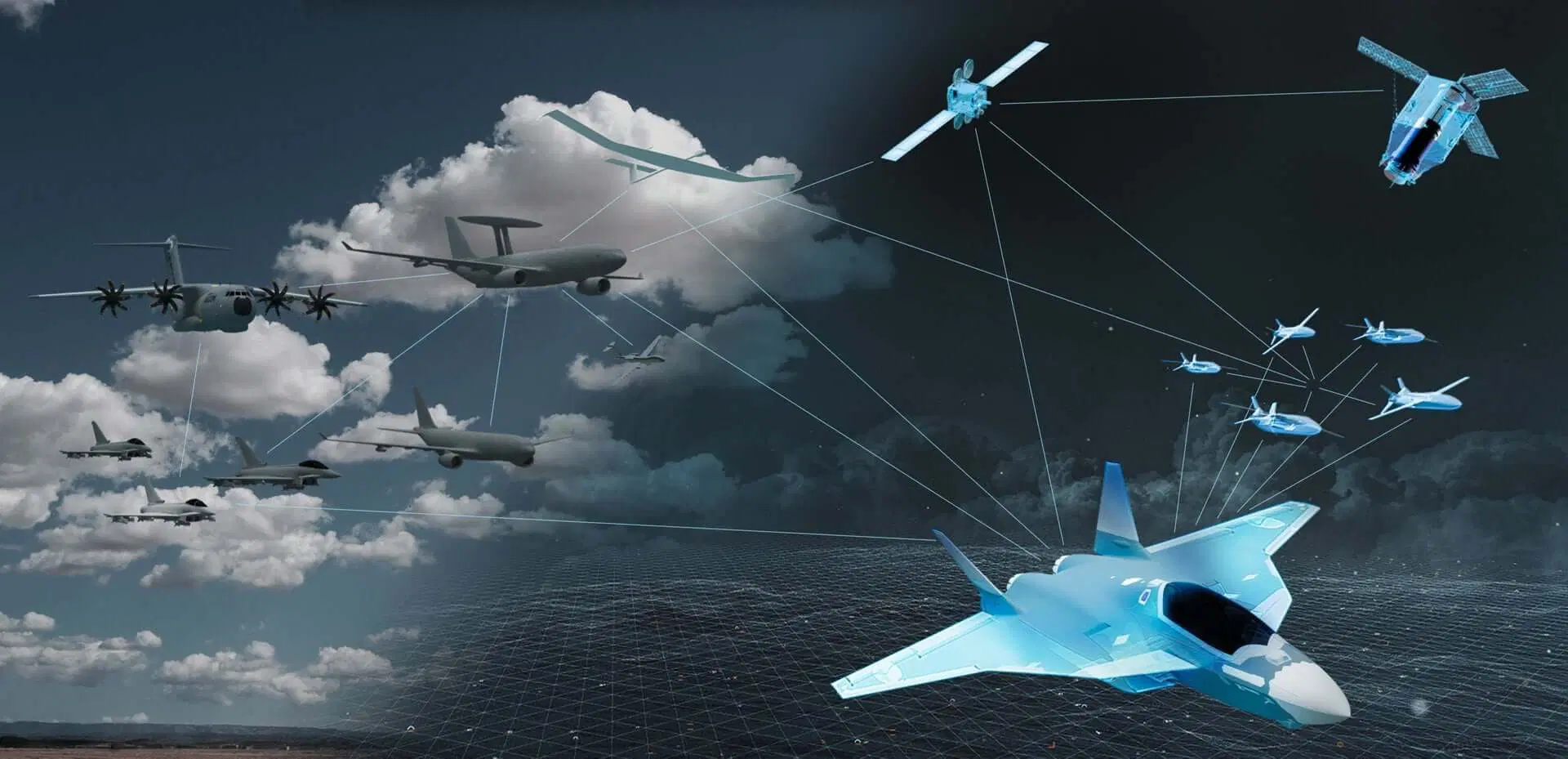
However, Spaniards remind how France used to take part in Eurofighter development: initially, Dassault Aviation participated but soon withdrew from the project due to disagreements at the concept creation level already — French side wanted a lighter aircraft — and ultimately created its own Rafale. The United Kingdom, Germany, Italy, and Spain had to complete the Eurofighter by themselves. Though what the Spanish website forgets to mention is that the Eurofighter GmbH consortium, created in 1986, had unequal stakes distribution, too. The Spanish CASA then received the smallest, in accordance with how many aircraft it was planning to order.
Read more: T-72 With Leclerc's Turret and T59 Project: Underappreciated Tank Experiments of the Past



